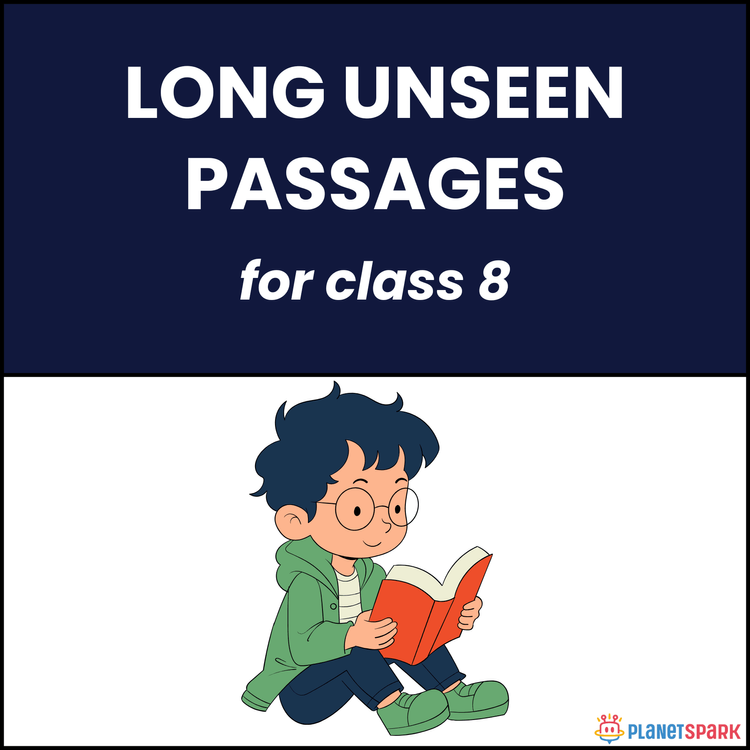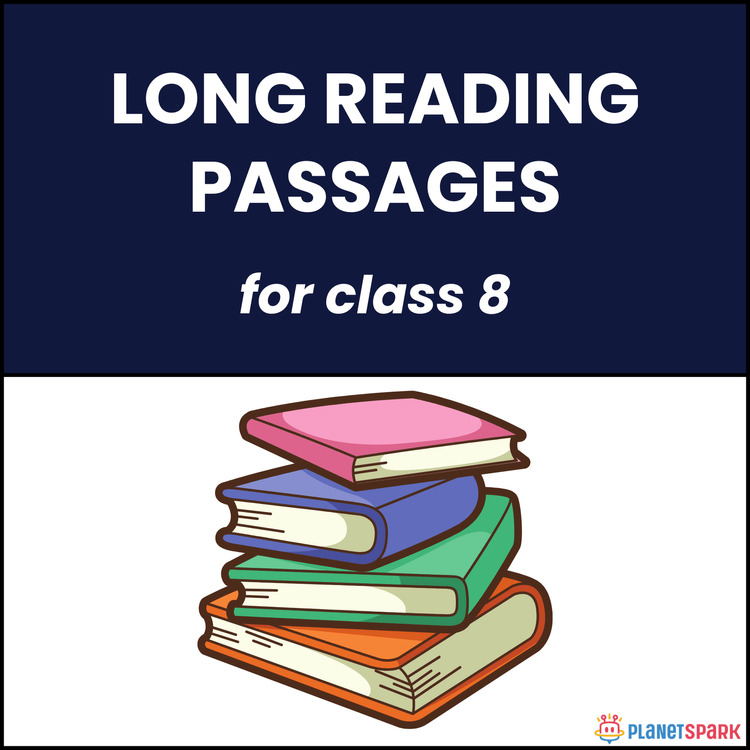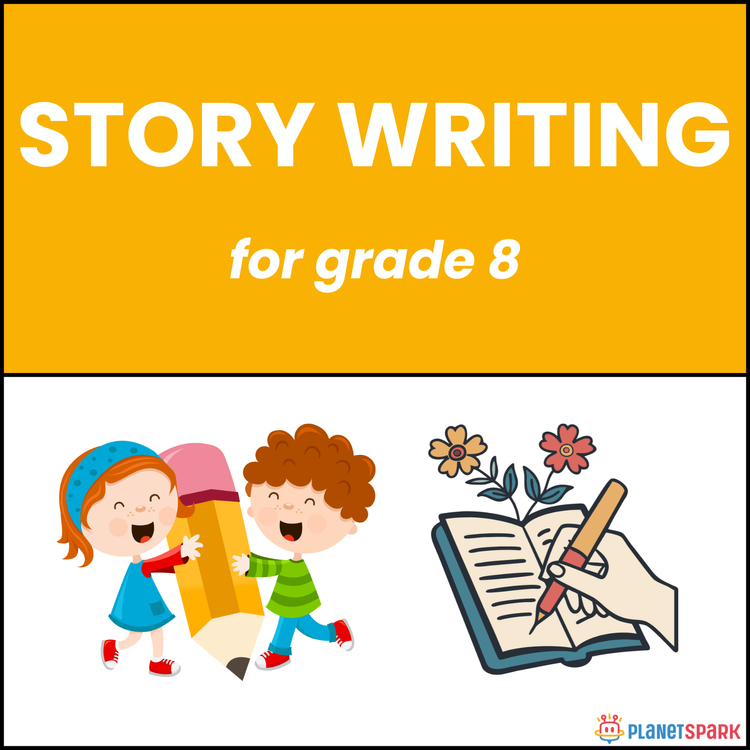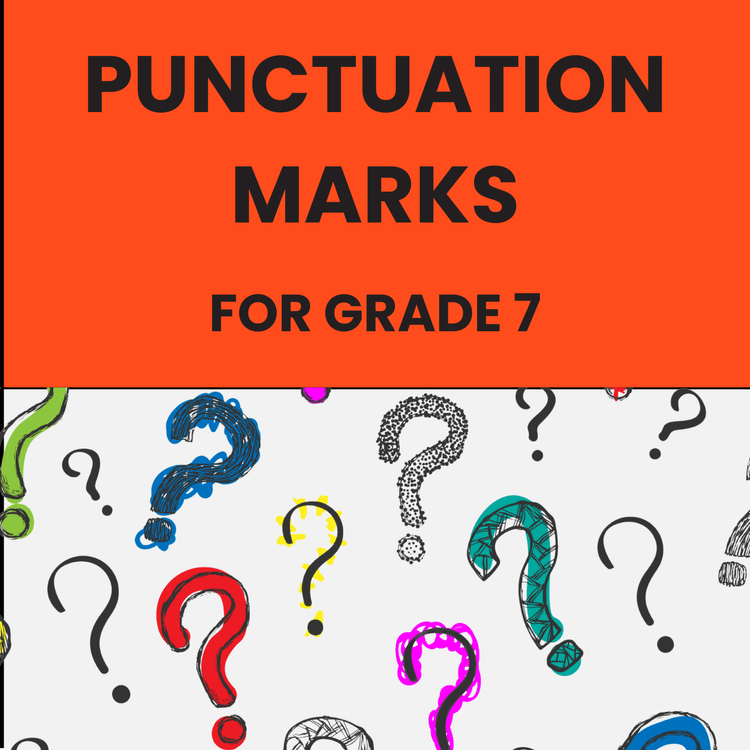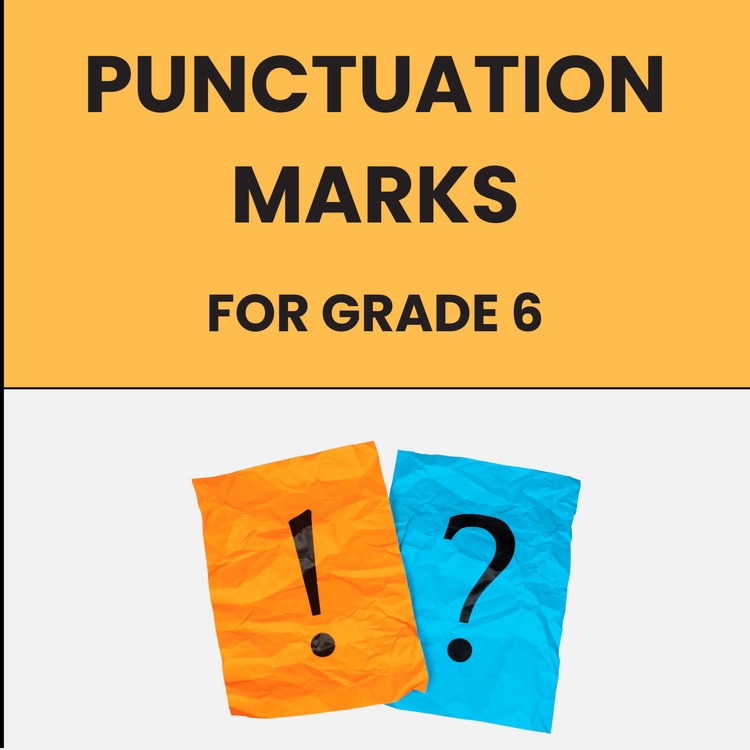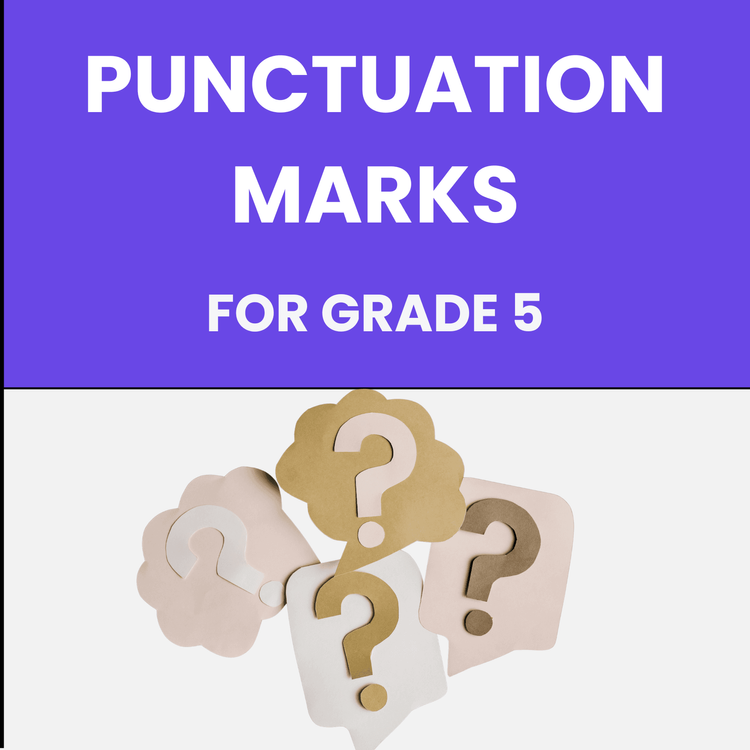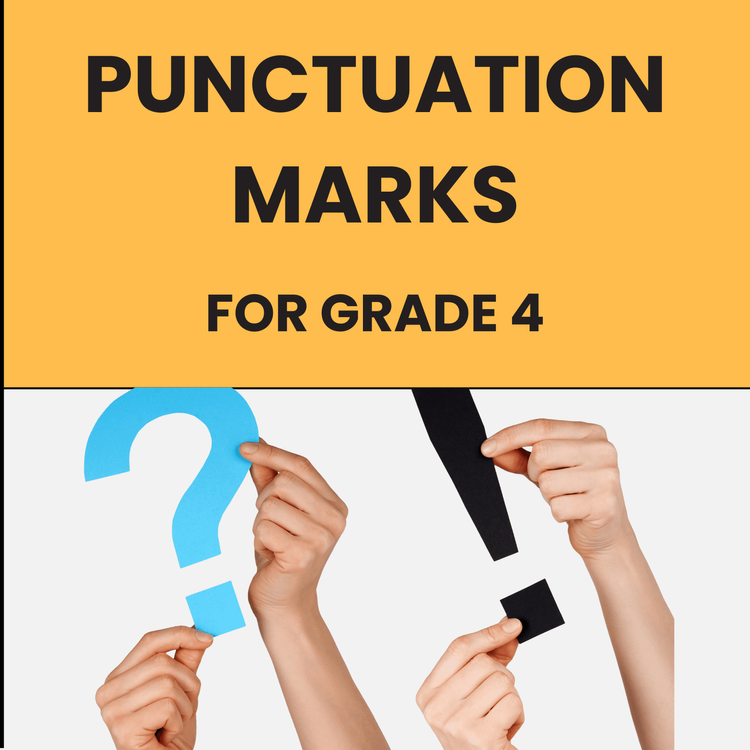Class 8 Synonyms and Antonyms Practice
Class 8EnglishEnglish GrammarFree DownloadPDF
Aanchal SoniVisit Profile
I’m a fun-loving TESOL certified educator with over 10 years of experience in teaching English and public speaking. I’ve worked with renowned institutions like the British School of Language, Prime Speech Power Language, and currently, PlanetSpark. I’m passionate about helping students grow and thrive, and there’s nothing more rewarding to me than seeing them succeed.
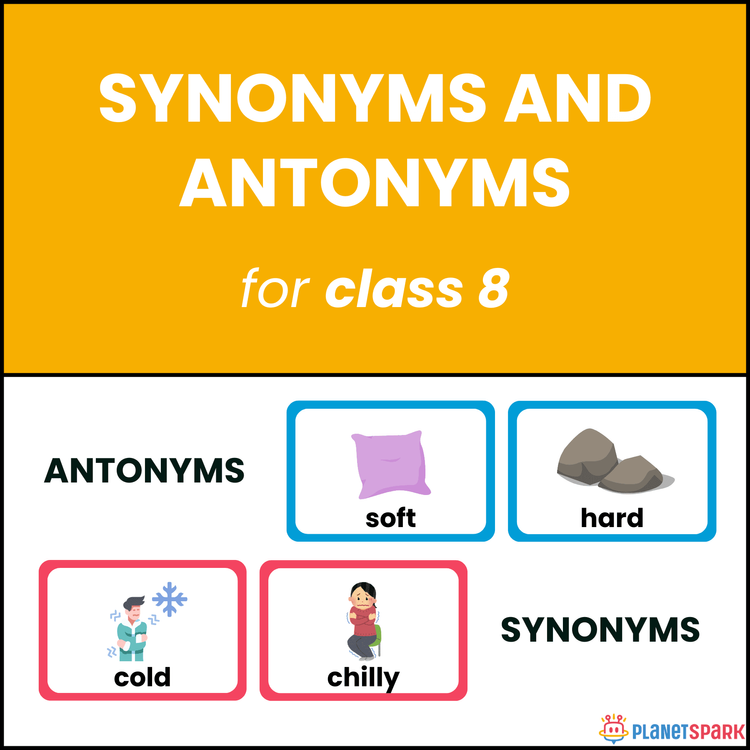

Class 8 Synonyms and Antonyms Practice
Class 8EnglishEnglish GrammarFree DownloadPDF
Aanchal SoniVisit Profile
I’m a fun-loving TESOL certified educator with over 10 years of experience in teaching English and public speaking. I’ve worked with renowned institutions like the British School of Language, Prime Speech Power Language, and currently, PlanetSpark. I’m passionate about helping students grow and thrive, and there’s nothing more rewarding to me than seeing them succeed.
Say It Differently: Synonyms and Antonyms for Class 8
This Class 8 worksheet builds vocabulary strength by helping students identify, compare, and use synonyms and antonyms in context. Through MCQs, sentence rewriting, and word usage tasks, learners improve word choice, reading comprehension, and expression in both formal and informal settings.
Why Synonyms and Antonyms Matter in Class 8?
This worksheet helps students:
1. Understand shades of meaning between similar and opposite words.
2. Improve formal and informal word selection for tone and clarity.
3. Build sentence fluency and accuracy through practice-based learning.
What’s Inside This Worksheet?
This worksheet includes five diverse and vocabulary-rich activities:
🧠 Exercise 1 – Synonym or Antonym MCQs
Students decide if each word pair (e.g., *reluctant – unwilling*, *elated – miserable*) is a synonym or antonym.
📘 Exercise 2 – Choose the Right Word in Context
Students identify the correct synonym or antonym from four MCQ options based on contextual usage.
✏️ Exercise 3 – Formal to Informal Rewriting
Learners rewrite formal sentences using informal synonyms for key vocabulary (e.g., *fatigued → tired*, *refrain → stop*).
📝 Exercise 4 – Create Contextual Sentences
Students write original sentences to show clear usage differences between word pairs like *observe/scrutinize* or *deteriorate/decline*.
🧩 Exercise 5 – Meaning from Clues
Using context clues, students define challenging words like *avid*, *meticulous*, *baffling*, and *exhausted*.
✅ Answer Key (For Parents & Educators)
Exercise 1 – Synonym or Antonym
1. Reluctant – Unwilling → Synonym
2. Transparent – Opaque → Antonym
3. Elated – Miserable → Antonym
4. Diminish – Reduce → Synonym
5. Hostile – Friendly → Antonym
6. Frigid – Chilly → Synonym
7. Plausible – Absurd → Antonym
8. Vast – Tiny → Antonym
Exercise 2 – MCQs
1. brief
2. friendly
3. grand
4. determined
Exercise 3 – Rewritten Informal Versions (Sample)
1. I can’t come to the party — I have something else.
2. Please don’t make too much noise during the event.
3. He was very tired after the hard activity.
4. We’re happy to tell you your form is approved.
5. The teacher told us to hand it in quickly.
Exercise 4 – Sample Sentences
elated: She was elated after winning the gold medal.
content: I was content with a simple lunch.
observe: I will observe the experiment carefully.
scrutinize: The scientist scrutinized every detail.
insinuate: He tried to insinuate I had lied.
state: She clearly stated her name and grade.
deteriorate: Her health began to deteriorate rapidly.
decline: Sales declined over the quarter.
Exercise 5 – Word Meaning from Clues
avid – very eager or enthusiastic
meticulous – extremely careful and detailed
exhausted – very tired or worn out
baffling – confusing or hard to understand
Build a stronger vocabulary foundation with synonyms and antonyms — the building blocks of effective speaking and writing!
🔖Book a free trial!
Frequently Asked Questions
Pairs include: happy/sad, fast/slow, big/small, accept/refuse, kind/cruel, strong/weak, clean/dirty, early/late, start/stop, light/dark. These pairs help students expand vocabulary and write with variety.
They help students avoid repetition and express ideas clearly. For example, instead of using “good” repeatedly, they learn to use “excellent,” “helpful,” or “appropriate” based on context.
Create a vocabulary wall with one pair a day, use flashcards, or play word swap games. Encourage using new words in journal entries or short compositions.
